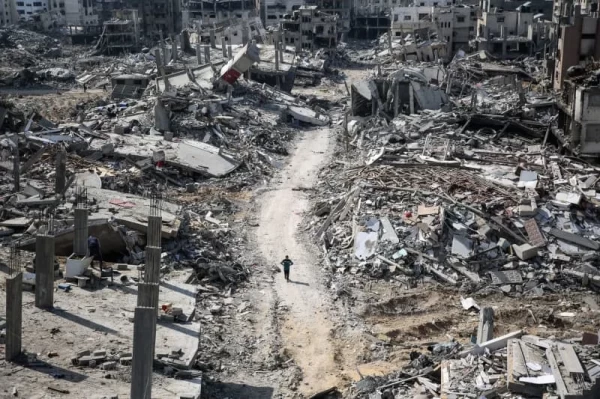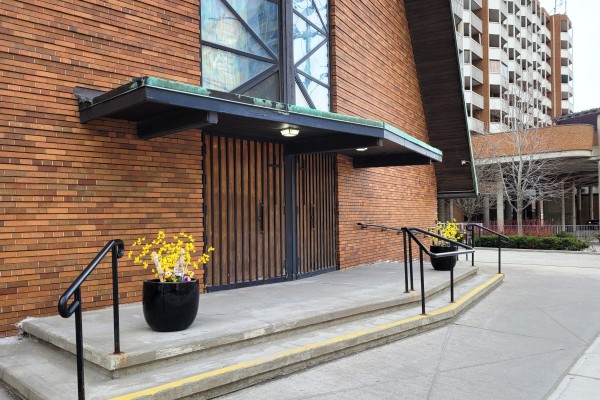
Vladimir Kara-Murza
World Affairs
Article URL: goo.gl/WyWwfL
The biography of Russian Deputy Prime Minister Dmitri Rogozin reads like a guide to whatever is trending in Russian politics: a rising star in Communist Youth in late Soviet years; a defender of democracy at the White House barricades and cofounder of a liberal party in the early 1990s; a nationalist and imperialist firebrand from the mid-1990s as President Yeltsin’s policies became increasingly unpopular. With Vladimir Putin’s rise to power and the consolidation of authoritarian rule, Rogozin firmly allied himself with the Kremlin. Though he continued with nationalist rhetoric—speaking and throwing neo-Nazi salutes at far-right rallies—he has consistently defended Kremlin interests, whether as head of the Russian delegation in the Parliamentary Assembly of the Council of Europe or as leader of the hastily created Motherland bloc that was (successfully) designed to divert votes from the opposition in the 2003 parliamentary elections.
With his appointment as Russian ambassador to NATO in 2008, the former street orator officially joined Putin’s team, urging his fellow nationalists to “boldly integrate into government.” This was not difficult, with Putin’s policies increasingly resembling Rogozin’s imperialist speeches. In 2011, as the Kremlin faced mass protests on the streets of Moscow—in which some nationalists joined liberals and leftists in demanding democratic elections—Rogozin was brought back from Brussels and appointed deputy prime minister, issuing a call to “national patriots and Russian nationalists” to abandon the protests and support Putin.
Lately, the onetime firebrand has been in the news mostly because of his travel mishaps. Blacklisted by Western countries since 2014 over the Kremlin’s aggression in Ukraine, Rogozin has tried several times to sneak past the sanctions. In 2015, Norway’s foreign ministry issued a protest over Rogozin’s covert visit to Spitsbergen, an Arctic island under Norwegian sovereignty with special travel and residence rights for Russian citizens, which was in formal violation of the travel ban. A year earlier, Romania closed its airspace to Rogozin’s plane, prompting him to seek a detour and threaten to return on the Tupolev-160 bomber. It appears the threat fell short: last week, Rogozin once again tried to fly through Romania—not in a bomber, but on a regular commercial passenger flight, which was prohibited from entering EU airspace and had to land in Minsk because of Rogozin’s presence on board. The deputy premier called the Romanian authorities “bastards,” accusing them of endangering the lives of passengers—although if anyone had endangered passengers it was Rogozin himself by trying—yet again—to circumvent the EU travel ban.
Dmitri Rogozin’s persistence is understandable: for someone who had spent so much time in the halls of Strasbourg and Brussels it must be frustrating not to be allowed to travel. Western democracies should be firm, however, in their enforcement of targeted measures against those who enable and personify crude violations of international norms.



























